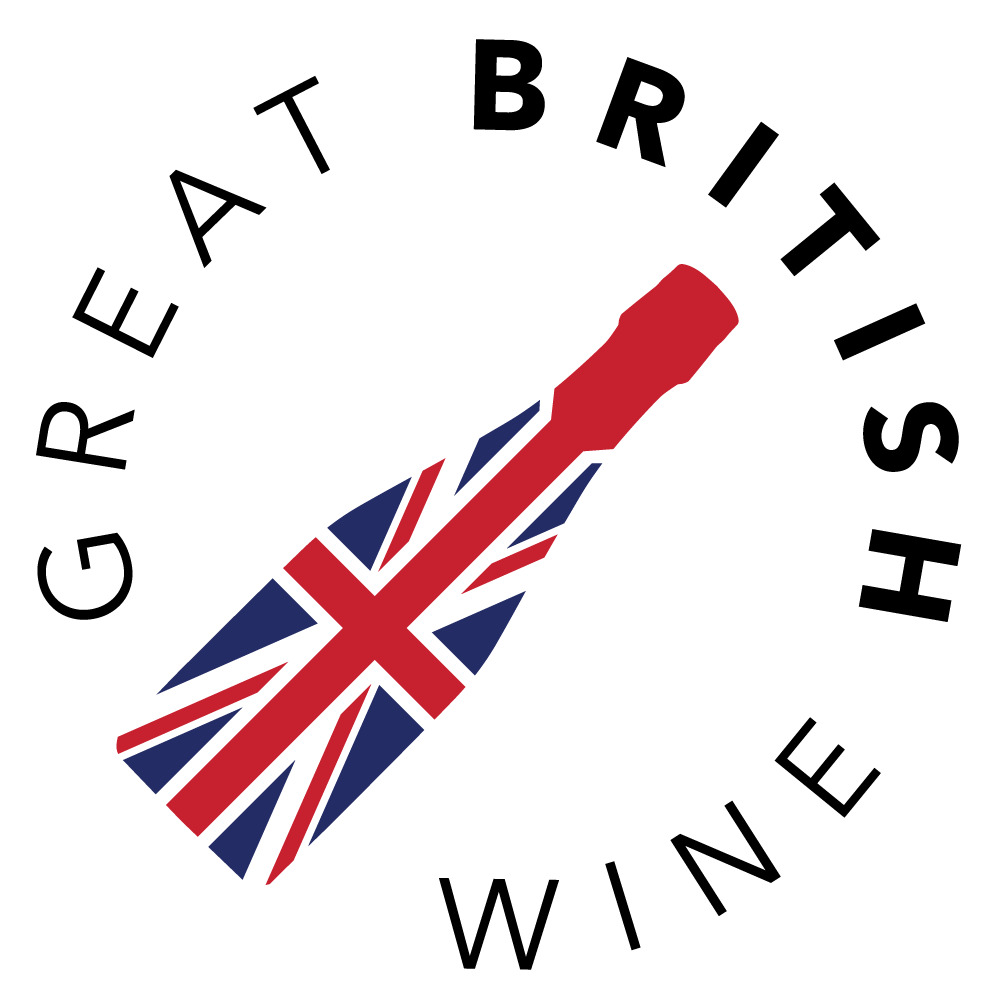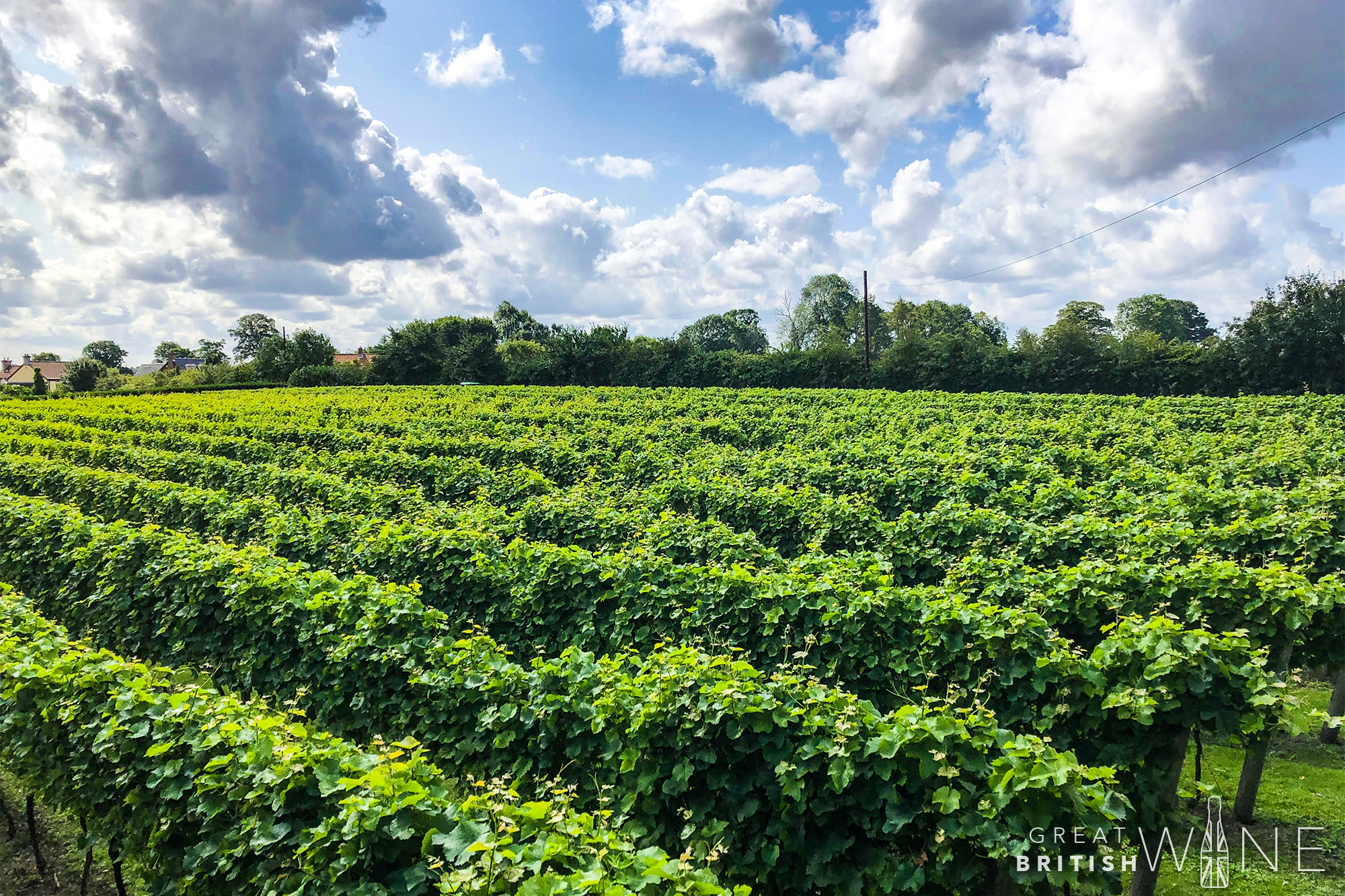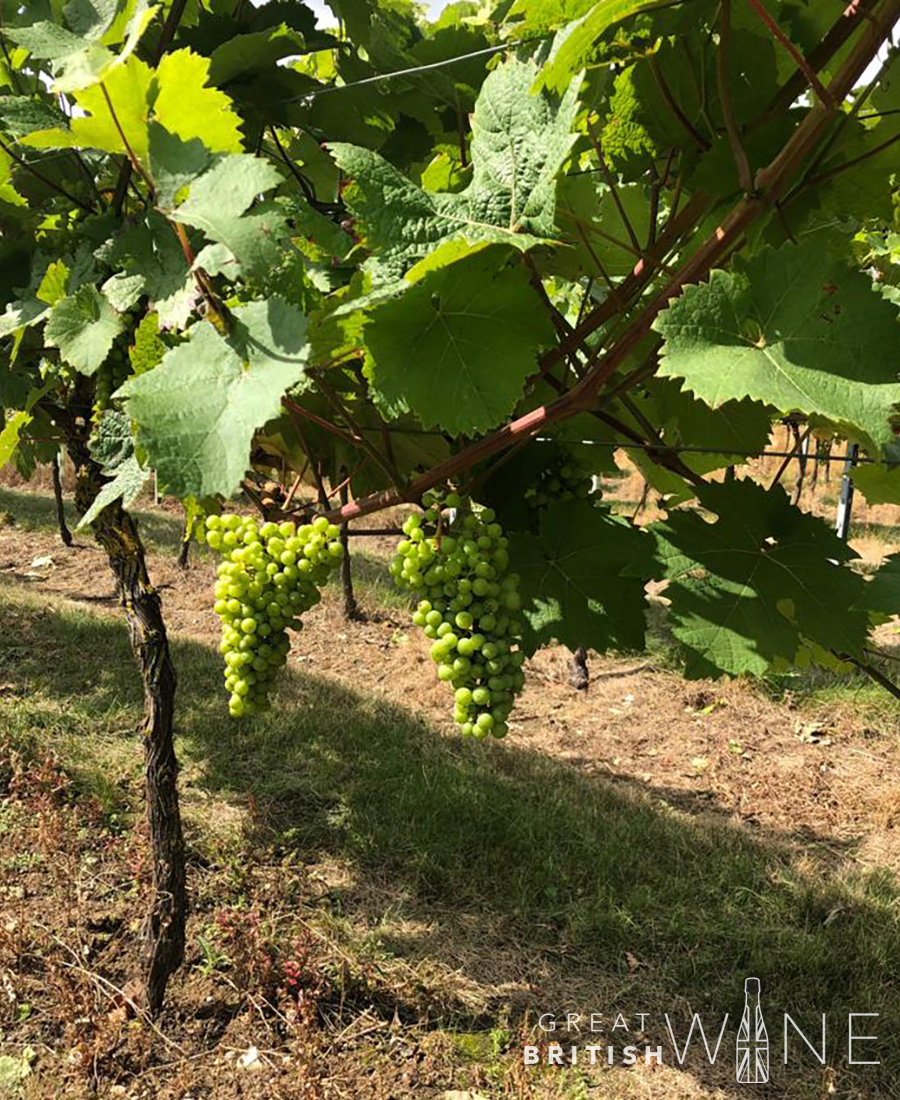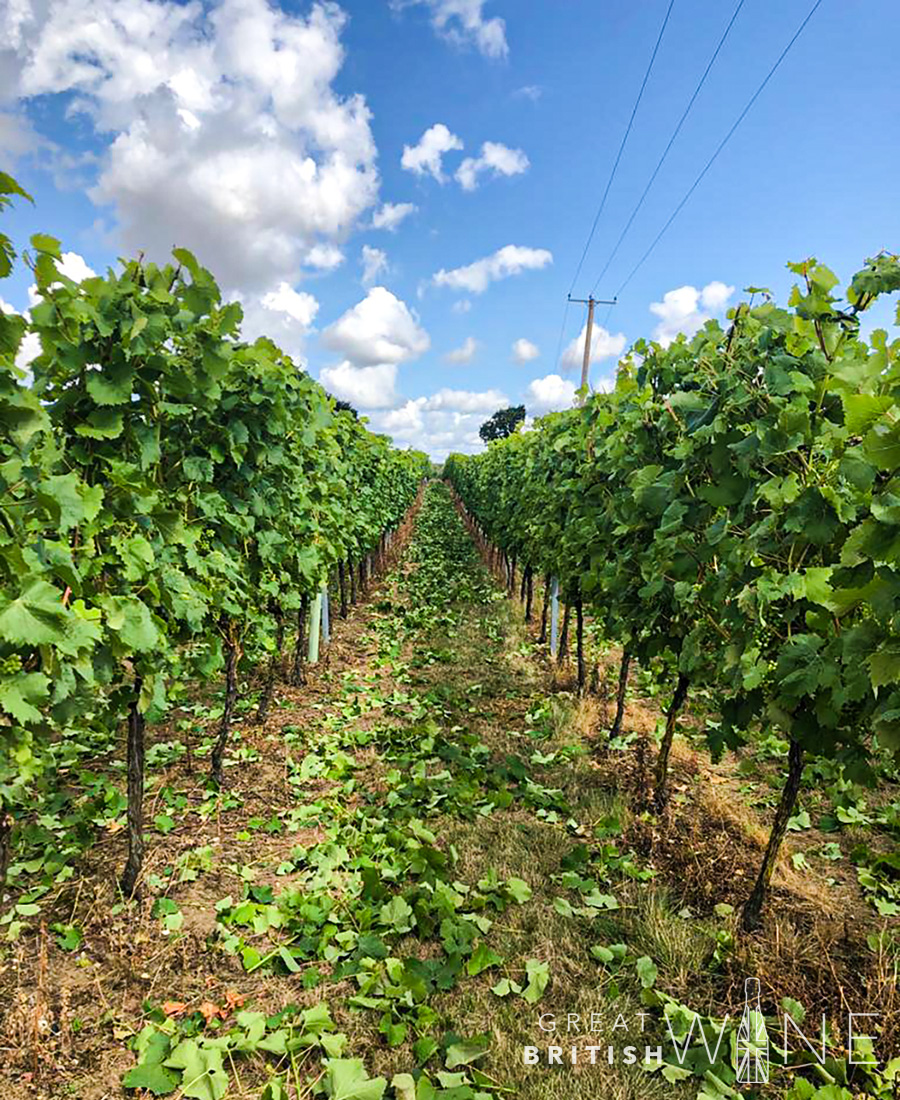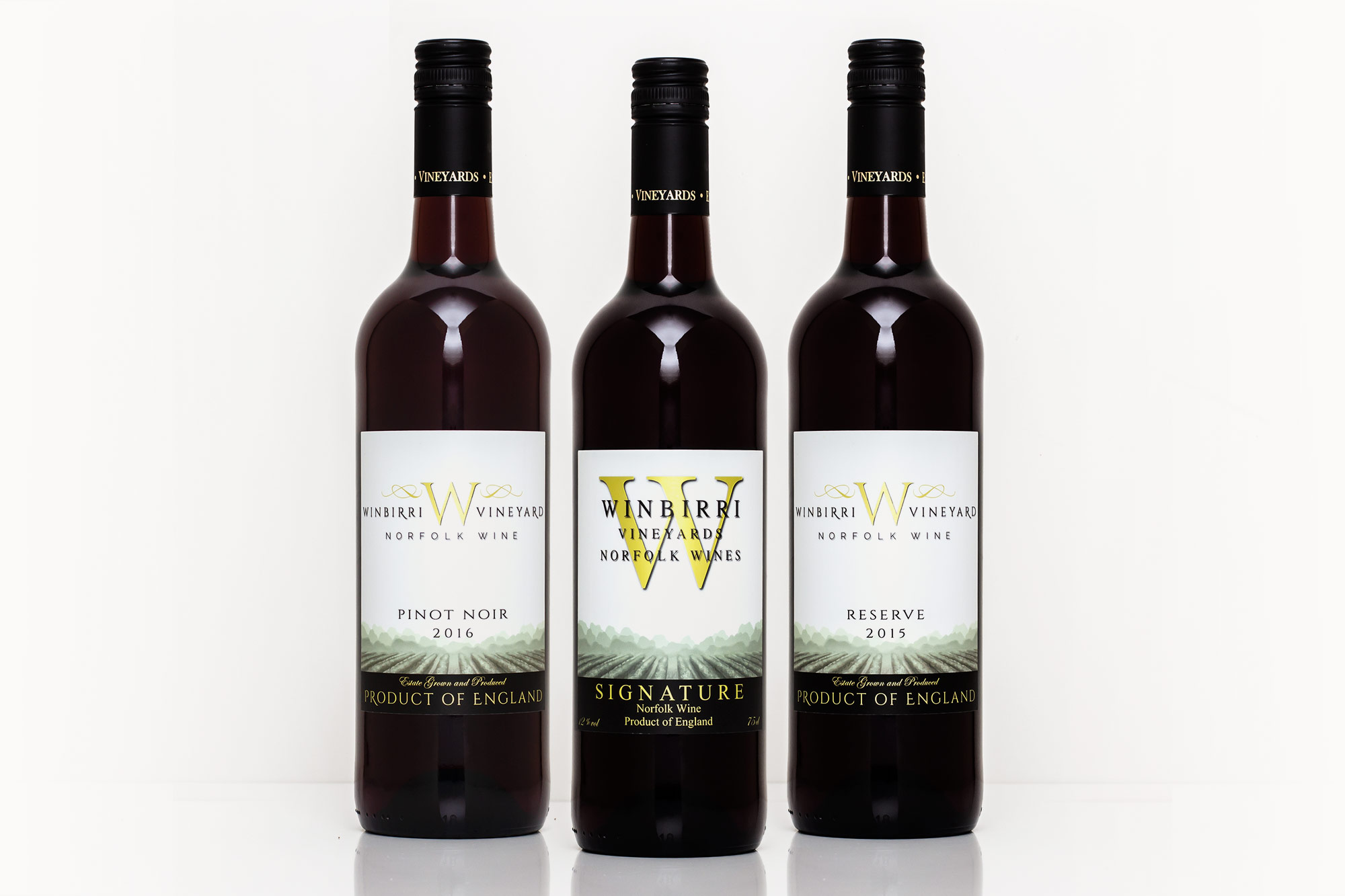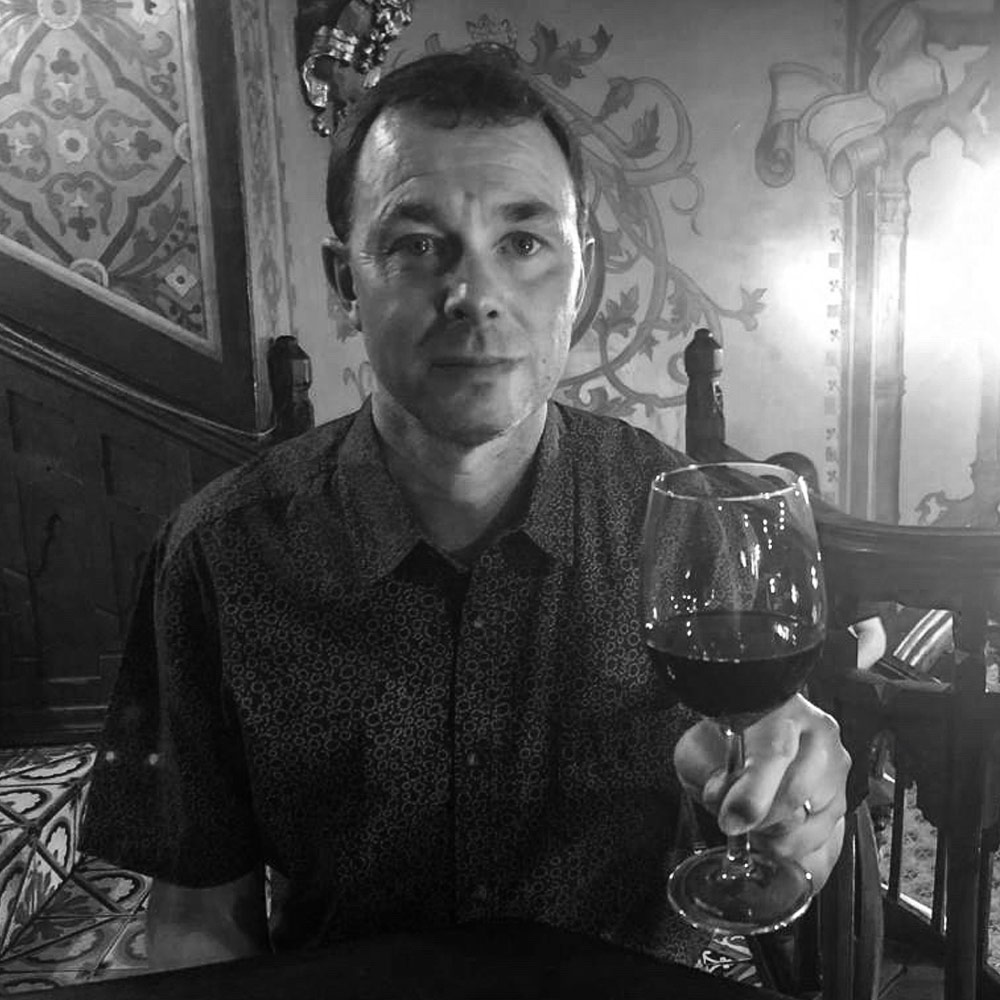Lee Dyer said that he’d considered retiring. Lee, owner and winemaker at Winbirri Vineyard in Surlingham, South Norfolk, jokingly made these remarks after receiving the 2017 Decanter Platinum Award for Best in Show Varietal White Wine in the world with his Bacchus 2015. I asked him what effect that award has had on his business. He said that he was swamped with demands for the wine from all over the world (ten years’ worth of orders in six hours at one point), and they struggled to cope with the demands associated with these requests. When the wine was sold out, it was a relief because everything returned to normal. But the lasting legacy of the award is that demand continues to outstrip supply. His Bacchus doesn’t define him or the vineyard, however. He is just as proud of his reds on which he lavishes a great deal of attention, and there are also varietal whites, Seyval Blanc and Solaris, two still rosés, not to mention his sparkling Vintage Reserve.
Lee inherited the vineyard from his father who in 2007 planted 200 vines as a hobby. These included Madeleine Angevine, Siegerrebe (a "wasp magnet", in Lee's words), Seyval Blanc, Rondo, Regent and Solaris. Then, in 2012, a second wave planting of Bacchus, Dornfelder, Pinot Noir, Pinot Meunier and Chardonnay took place. The Madeleine and Siegerrebe were grubbed up. And finally, in 2017, more Bacchus and Pinot Noir vines were planted. Now the area under vine totals 33 acres, making it the second largest vineyard in East Anglia. The site was well chosen because the soils are predominantly sandy and flinty, meaning that drainage is efficient and the wines have a good deal of minerality. The winery, which has capacity for 150,000 bottles, was built in 2012.
The 2019 vintage is shaping up to be another good one. There was a late start due to the cold spring (although there were no frosts in this part of Norfolk) but flowering weather was ideal and fruit set was a success. The rain in mid-June and mid-August fell outside of what Lee calls the "critical periods". Now he is hoping for a fine autumn for ripening which, if past form is anything to go by, is fairly likely; Septembers and early Octobers are notoriously dry in Norfolk, much drier than on the South coast. Lee said that the slow ripening of English grapes meant that they had the opportunity to develop complex flavours, and merely ‘growing’ grapes was only part of the process. He adopts a policy of minimal intervention with his wine; no fining takes place and the only filtration occurs just before bottling. His Solaris hasn’t had to be sprayed in three years because it’s so resistant to disease but it suffered from Stem Rot Necrosis this spring owing to the relatively cold and wet conditions. These were not problems encountered in 2018. All grape varieties at Winbirri were completely unblemished, looking almost "plastic". Lee put this down to careful vineyard management, making sure that no over-cropping occurred.
Lee took me to his tasting room and shop which was built in 2012. This building may soon be needed for storage as they expand, and another tasting room will have to be built. First to be tasted was the 2014 Vintage Reserve sparkling, due to be released imminently. This had a classic nose of stone fruit and baked bread, and a very well-judged dosage on the palate with just the right balance between fruit and acidity. The Bacchus 2018 was not noticeably inferior to the award-winning 2015. In fact, Lee seems to have perfected the pure raciness that he seeks in his Bacchus with this wine. The acidity was so invigorating, and the aroma so pronounced. Tropical fruit notes vied with grassy, gooseberry, elderflower and grapefruit notes. After the wine warmed up, Lee encouraged me to try it again, and I found that aroma and flavour had been ramped up considerably. Lee told me that from pressing to bottling this wine had only been moved five times, and he feels this lack of interference has produced a wonderfully pure, true end product. Next came the Pinot Noir Rosé 2017. This was simply the best English still rosé I’d ever tasted. It reeked of strawberries and sea air. The palate of cranberry, redcurrant and citrus had real depth and length, unusual for any rosé, let alone English!
Finally, the reds, and here Lee’s approach couldn’t be more different from that used for the Bacchus. He believes that those who decry English reds haven’t been trying the right ones; with care and attention world-class reds can be made in this country, he avers. He gave me his ‘best’ red first, an as yet unnamed 2015 Dornfelder, similar to the ‘Signature’ red but with much more care devoted to it with carbonic maceration, whole bunch fermentation, two years in tank and thirty months in American oak, techniques akin to the processes used in Gran Reserva Rioja. This had an astonishingly powerful nose of vanilla and blackberry, and a palate of dark plum, spice and soft tannins. This wine would not do well in competitions, Lee feels, because tasters have preconceptions of what an English red should taste like, and it’s not like this! The Signature 2016 was in every sense a baby version of this wine, and probably needs more time in bottle to develop its full potential. Finally, Lee gave me his Pinot Noir 2017 which again took me aback with the fullness and maturity of its aroma and palate, even though he recommended not opening it for another six months. Classic Burgundy aromas sprung from the glass (hardly a surprise since this wine was made from Burgundy clones), and there were enticing flavours of strawberry, truffle and sweet spice.
Winbirri has a deserved reputation thanks to the Decanter award. And it’s the Bacchus that has had all the attention and plaudits thus far. Yet I can’t help feeling that it’s for red wine that Lee Dyer will eventually get the most recognition. If you’d have told him that back in 2012, when he first planted Dornfelder and Pinot Noir, he probably wouldn’t have believed you. And neither would I.
- 33 Acres
- Yes

